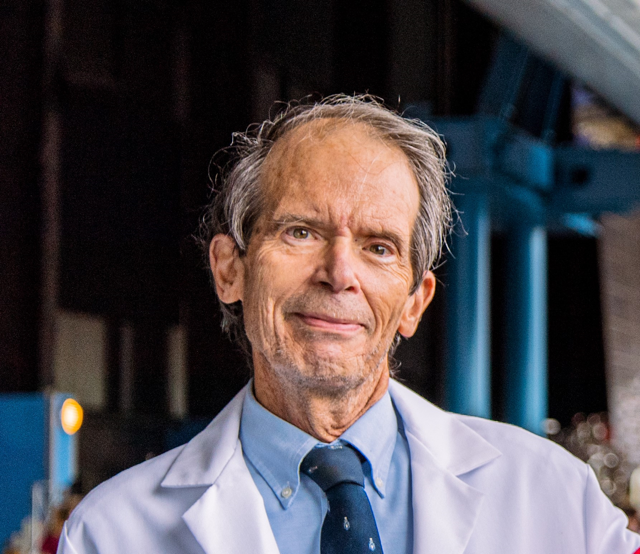Back
Back
Back
Back
Back
Philip Hudgens Kitchens, an engineer who contributed to the first moon landing, died in September at the age of 78. His planned giving included a $133,647 donation to ASEE, which will be used to support its
mission. Kitchens joined the Society in 1978 and was a Life Member.
Kitchens had been fascinated by space since he received a telescope from his father at age six. Following his 1967 graduation from Louisiana Polytechnic Institute, where he earned a chemical engineering degree, he joined the team developing the Saturn V rocket at Marshall Space Flight Center in Huntsville, Alabama. On July 16, 1969, the rocket launched Neil Armstrong, Buzz Aldrin, and Michael Collins into space and history.
Kitchens later earned master’s degrees in mechanical engineering, from the University of Alabama (UA) in Tuscaloosa, and library science, from Louisiana State University. His career included work at the UA Tuscaloosa engineering library and the Redstone Scientific Information Center, the now-shuttered Huntsville library focused on rocketry and space science.
Following retirement in 2003, Kitchens volunteered with his wife Crystal at the North Alabama Science Center, later known as Sci-Quest. He also served as a NASA Emeritus Docent at the US Space and Rocket Center in Huntsville from 2012 until his death.
In addition to his bequest to ASEE and other charitable giving, in 2021 Kitchens established the Philip H. Kitchens Endowment for Science and Technology Resources at Louisiana State University, which will “provide for the acquisition of science and technology resources for the LSU Libraries in perpetuity,” according to an online post from the libraries.
Engineers’ problem solving requires information resources, the former ASEE member explained in the post. “By encouraging the future scientists and engineers, perhaps even in aerospace, I hope to catalyze their occupational paths, each to an eventual personal … internal sense of fulfillment.”
